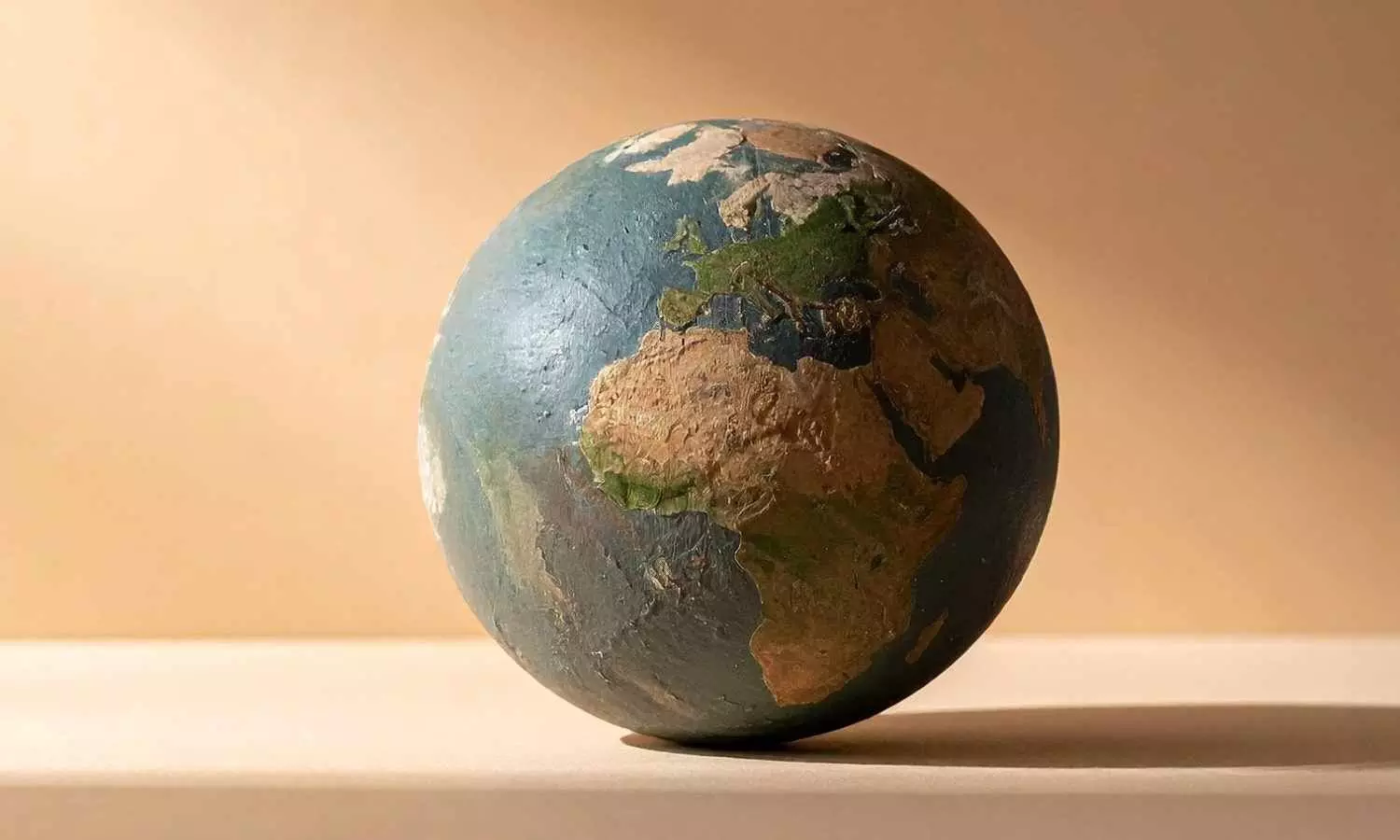Geopolitical Reshaping of Global Tourism
Explore the geopolitical reshaping of global tourism in 2025. Discover how international conflicts, shifting alliances, trade policies, and cultural diplomacy are transforming travel trends, destinations, and the future of the tourism industry.
Geopolitical Reshaping of Global Tourism

The conflict in Ukraine has dramatically reshaped the global tourism landscape, extending its reach far beyond the immediate battlegrounds. This reveals a profound, multi-dimensional impact: a catastrophic collapse in tourism for Russia and Ukraine, significant regional reconfigurations, and broader economic and logistical challenges for the international travel industry.
While global tourism has shown remarkable resilience, largely recovering to pre-pandemic levels, this rebound is distinctly uneven. Some regions and market segments have been disproportionately affected, while others have, perhaps surprisingly, benefited from shifts in established travel patterns. The war has not merely caused a temporary setback; it has instigated a fundamental, structural transformation of the global tourism ecosystem, forcing a re-evaluation of traditional market dependencies and risk management strategies.
The substantial pre-war outbound tourism figures for both Russia and Ukraine, particularly Russia's significant $36 billion expenditure, highlighted the considerable economic leverage these countries exerted within the global tourism ecosystem. The combined volume of their outbound travel represented a "sizable proportion of global tourism." This level of market concentration meant that any sudden withdrawal or redirection of their spending would inevitably create substantial voids or shifts in destination markets, revealing a pre-existing vulnerability for many countries that had come to rely on these lucrative markets. The inherent dependency, clearly illustrated by these pre-war figures, served as a strong indicator of which regions would suffer the most from a major disruption originating in Russia or Ukraine.
The war has had an immediate and profound negative impact on Russia's tourism sector, affecting both its outbound and inbound travel dynamics.
Russian outbound travel has been severely curtailed by a complex interplay of factors directly stemming from the conflict. These include widespread airspace closures imposed by numerous countries, stringent international travel restrictions, comprehensive economic sanctions, a notable increase in global fuel prices, and pervasive geopolitical uncertainty.
Financial impediments have proven to be particularly significant. Since spring 2022, major international payment systems like Visa and Mastercard, issued outside of Russia, ceased functioning within the country. While Chinese UnionPay cards issued by foreign banks remain accepted, and travelers can bring up to $10,000 (or equivalent) in cash without declaration from non-EU countries, the European Union has specifically banned the transportation of Euro banknotes into Russia via its borders as part of its sanctions regime. These multifaceted restrictions have fundamentally complicated international travel for Russian citizens, making transactions and access to funds a major logistical hurdle.
Russian airlines have also been compelled to drastically cut flight routes due to export bans on vital aircraft parts and broader financial sanctions, further isolating the country from traditional global travel corridors.
The severe curtailment of traditional Western inbound and outbound markets has compelled Russia's tourism sector into a strategic reorientation. This involves a pronounced focus on domestic tourism and an active development of new source markets from politically aligned or neutral countries, such as those in Asia and the Middle East. This shift represents a fundamental, long-term structural change in market dynamics rather than a temporary dip, driven by the enduring geopolitical realities and economic necessities imposed by the conflict.
Inbound tourism to Russia experienced an immediate and catastrophic collapse, and this severe impact is anticipated to persist until the conflict is fully resolved and likely for an extended period thereafter. Foreign visitor numbers plummeted dramatically; in 2022, Russia received only 200,100 foreign visitors, representing a staggering 96.1% drop from its pre-pandemic and pre-invasion levels. This drastic decline is attributed to the combined effects of international sanctions, widespread airspace restrictions, a significant erosion of traveler confidence, and a stance of traveler solidarity among many international visitors.
Most Western governments, including the United States, Canada, Britain, France, and Germany, have issued strong advisories against travel to Russia. These advisories cite serious safety concerns such as "arbitrary enforcement of local laws" and the "risk of harassment or wrongful detention by Russian security officials." Even countries generally considered to have friendly relations with Russia, such as Serbia and Hungary, advise their citizens to exercise increased caution.
Ukraine's tourism sector has been devastated by the full-scale invasion, facing immediate collapse and monumental long-term challenges in recovery and reconstruction.
The hospitality market experienced a catastrophic collapse of almost 90% in the initial months of the war.
The total estimated cost of physical damage to Ukraine's culture and tourism sectors reached nearly $3.5 billion as of February 2024, marking a 40% increase from 2023 estimates.
Operational capacity within the hotel sector is severely limited, with only an estimated 20% of hotels currently functioning.
Travelers are reconsidering whether to visit Europe, particularly Eastern Europe, and may opt to stay closer to home.

